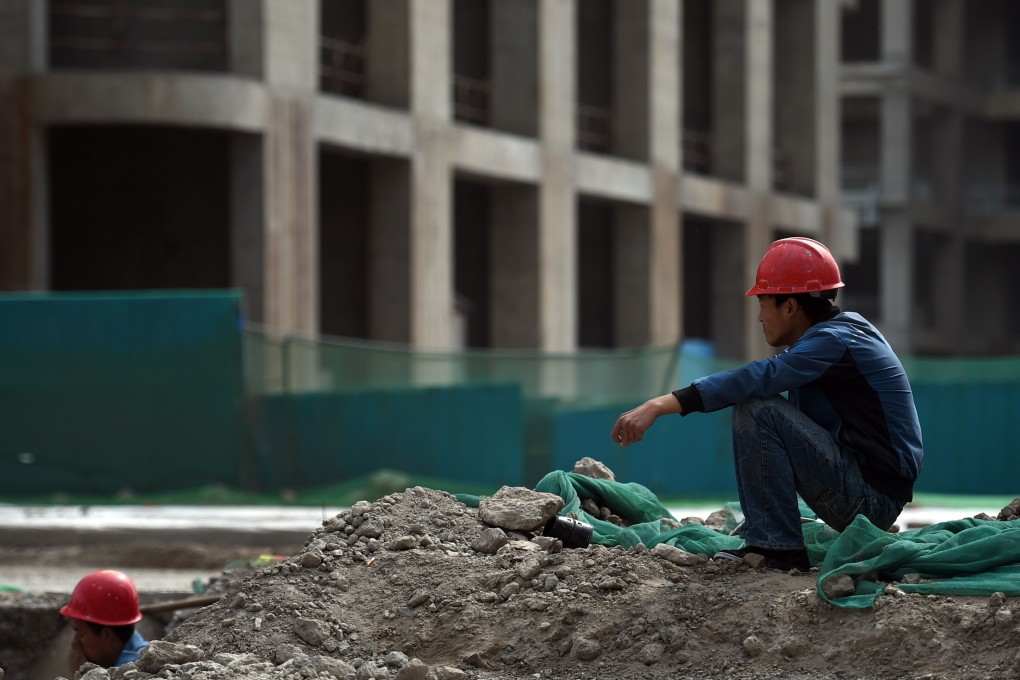Opinion | What China must do to meet the challenge of a US interest rate rise
Hu Shuli says the government should focus on improving the real economy and rolling out reforms, as pledged, in the financial sector and elsewhere

Emerging economies have been bracing themselves for a rise in US interest rates. Last week, the release of the minutes of the US Federal Reserve's policy meeting in April sparked another round of speculation of when the rate hike might begin. Most now expect a start date in December, rather than September.
Either way, there is little time left for preparation, particularly for China, whose economy is decelerating. It must restructure its economy and introduce systemic reforms to brace itself for the spillover effects of an interest rate rise.
Different economies have responded differently to the global financial crisis. The US Fed ended its bond-buying programme last October, but has repeatedly put off raising interest rates. In March, the European Central Bank introduced US-style quantitative easing in the euro zone. A month later, the Japanese central bank said it would maintain its stimulus measures.
In China, talk was rife this month that Beijing, too, would soon begin monetary easing. Although the People's Bank of China said the economy has yet to reach the zero lower bound on interest rates and US-style quantitative easing was unnecessary, it has nevertheless cut interest rates three times and twice lowered the reserve requirement ratio for banks. It has also launched a debt swap programme allowing local governments to exchange their maturing high-interest debt for lower-yield bonds.
And once the US raises its interest rates, all economies will have to readjust.
Historically, a reversal of US Fed policy had the power to reshape global fund flows and even trigger a regional crisis. Such an impact will only be magnified in the globalised economy of the 21st century. So it is worrying that, apart from a small number of senior officials and market analysts, many Chinese remain unconcerned about what an interest rate rise in the US could do to the Chinese economy.
We can't afford to be so blasé. In the wake of the global financial crisis, many Chinese banks and financial institutions have taken advantage of the low interest rates abroad and the appreciating renminbi to borrow heavily. This massive inflow of funds into the local banking system, including the shadow banking sector, is now propping up the real estate sector, trust companies and local government financing platforms.
